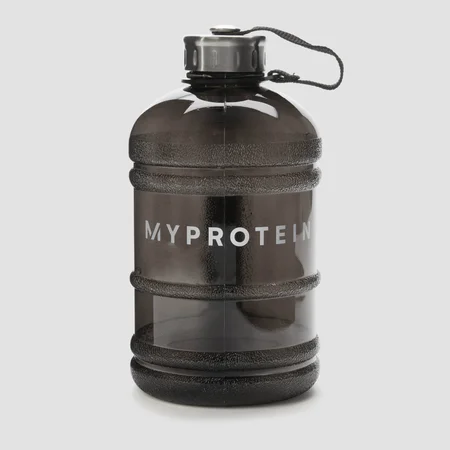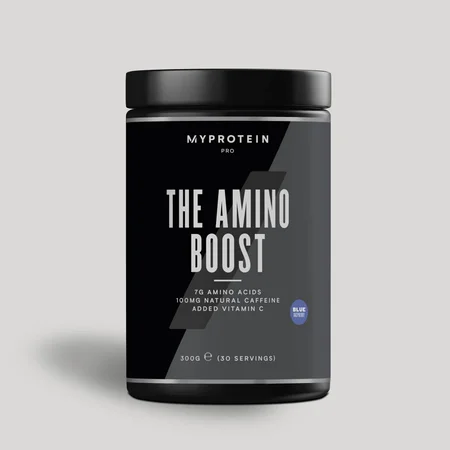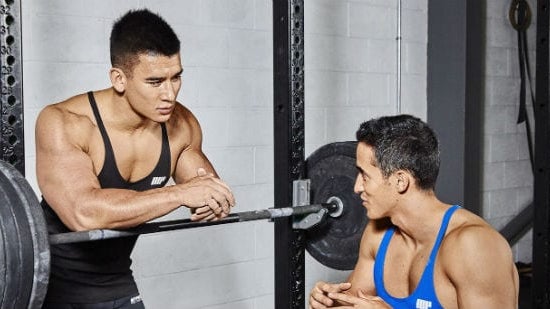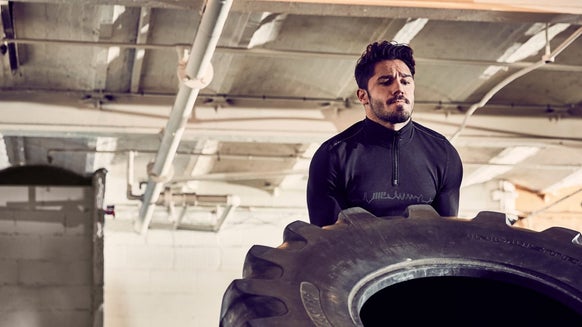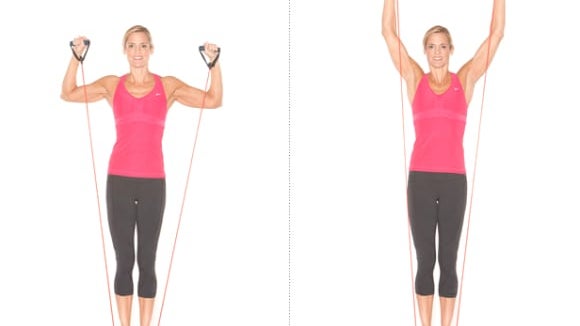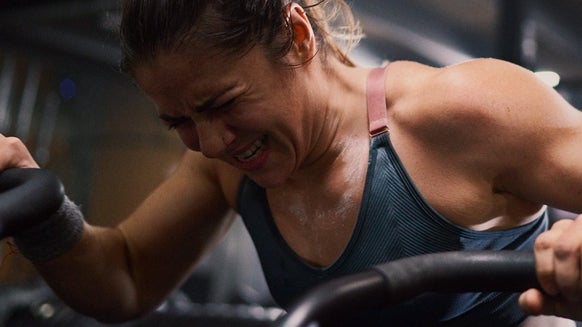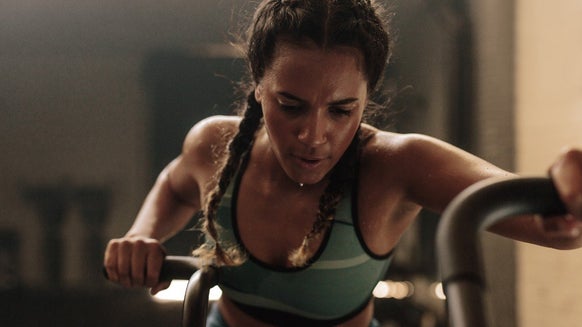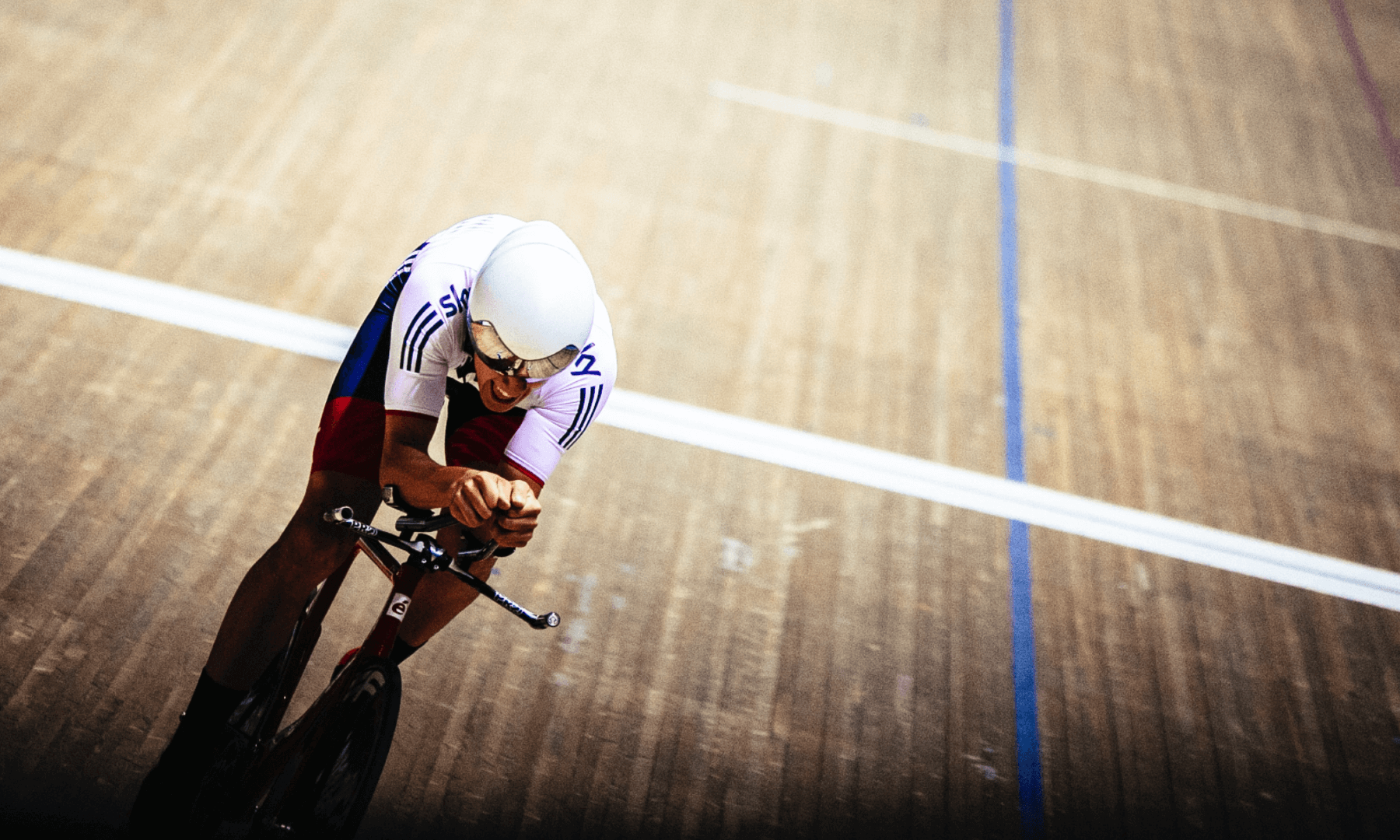
This past weekend, the Northeast and other parts of the country experienced extreme heat. In our hometown of New York City, more than 70,000 citizens were affected by multiple blackouts amidst the summer heat wave.
New Yorkers are seizing every opportunity to leave the city when they can, catching busses and trains to the Hamptons and the Jersey shore in order to cope with the rise in temperature. But sun-scathed city dwellers aren’t the only ones switching things up.
With sporting events like the 2020 Tokyo Olympics and the Men’s FIFA World Cup coming up, committees for these events are looking into ways to beat the heat for the sake of the athletes.
It’s Going to be a Hot One For The Summer Olympics and FIFA World Cup
According to The Washington Post, the Tokyo Olympics is set to take place in 90-degree heat with high humidity.1 The 2022 FIFA World Cup, which usually takes place in June every four years, now starts this November and runs through December to avoid the heat. While clever, it will still be hosted in Qatar which is...well...hot.

Competing in high heat can cause dehydration, decreased athletic performance, heat stroke and more. Unfortunately, changes in temperature caused by climate change are making the hottest places on earth even hotter.
As reported by The Washington Post, the average annual temperature in Las Vegas, Nevada has increased almost 6 degrees since 1970 making it the "fastest-warming city in the country".
With global temperatures rising, sporting committees are looking into new ways to combat such critical conditions. One possible method is the use of cooling vests.
In a recent study conducted by Hiroshima University, researchers investigated the effect that cooling vests had on athlete’s heart rate and body temperature.2
Football players from Hiroshima University participating in the study wore vests, which were filled with ice packs and also featured a special collar designed to cool the upper body. After wearing the vests, it was determined that athletes who wore them at halftime showed increased performance compared to those that did not.
These athletes also reported feeling less stressed about the game and more comfortable on the field. Now, Olympic teams are taking note.
As reported by The Washington Post, the US Olympic team has advised its’ athletes to wear these “ice vests” while traveling to the stadium, as a pre-heat precaution, and for a post-competition cool-down.
Other sporting events like this year’s World Championship of Track and Field, which also takes place in Qatar are taking precautions against high heat. In efforts to dodge the mid-day blaze, the occasion’s marathon event will take place at midnight when the temperature is cool.
Take Home Message
Ultimately, climate change is not only affecting the conditions we live in but also the environment athletes compete in. While this is happening globally, certain cities and states in the US are becoming hotter and hotter.
According to The Washington Post, cities seeing the largest increases in temperature are Las Vegas, El Paso, Phoenix, Burlington in Vermont, and Erie, Pennsylvania.
In addition, US states experiencing the biggest rises in temperature are New Mexico, Arizona, Utah, Colorado, and New Jersey. The biggest increase in temperature, however, is happening in Alaska whose average annual temperature has increased by 4.22 degrees since 1970.
The dog days of summer are right around the corner. If you exercise outside regularly, it’s important that you take the necessary precautions to beat the heat. Remember to hydrate before, during, and after your workouts.

A Fordham University graduate, Ian majored in communications and media studies with a focus in journalism and a minor in anthropology during his time at college. Here, he wrote for the university newspaper ranked top ten in the nation.
A competitive athlete for most of his life, Ian has spent almost a decade working as an ocean rescue lifeguard in New Jersey. Within that role, he has competed in endurance sports competitions against other lifeguards for the last 8 years.
As a lifelong surfer, Ian spends most of his spare time in the ocean regardless of the time of year. He also enjoys distance running, photography, and frequently spending entirely too much money on concert tickets.
- Maese, Rick. Extreme Heat is Changing Sports From The Olympics To Local Races The Washington Post. 2019.
- Yudai Chaen, Sumire Onitsuka, Hiroshi Hasegawa. Wearing a Cooling Vest During Half-Time Improves Intermittent Exercise in the Heat.Frontiers in Physiology, 2019; 10 DOI: 3389/fphys.2019.00711
